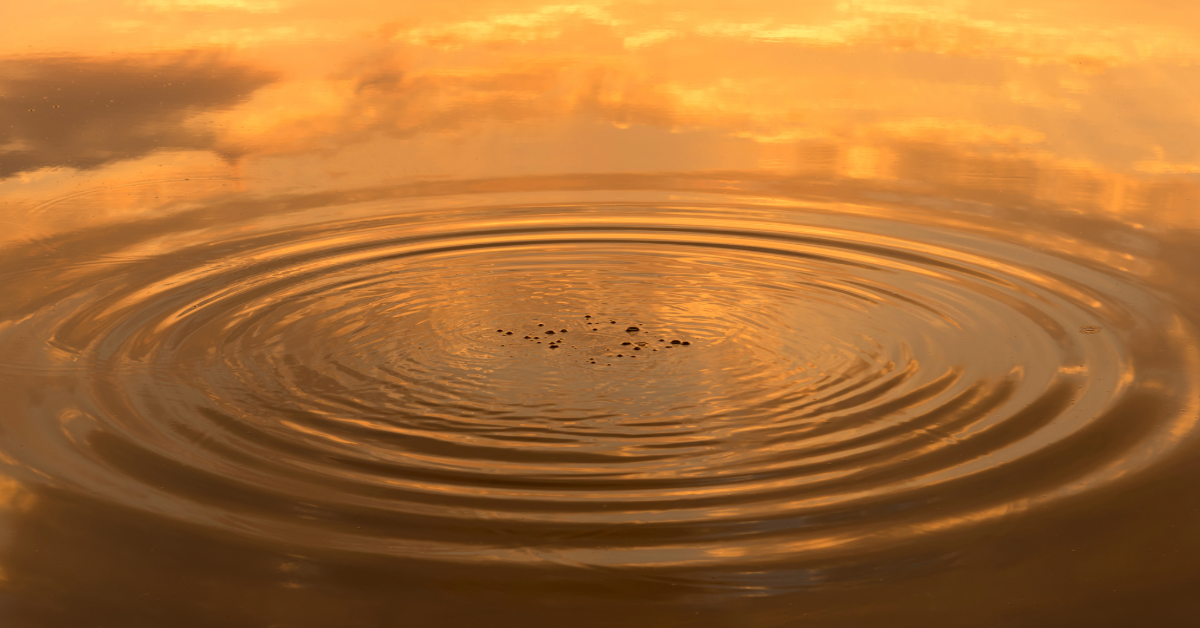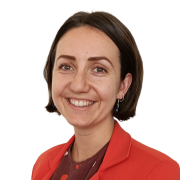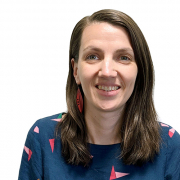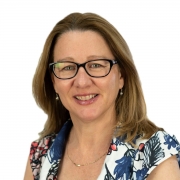
Reflections on 26 January
January 2024
For many Australians, 26 January is simply ‘Australia Day’. For many new Australians immigrating from overseas, it is a popular day for their citizenship ceremony (although this is changing). But for most of our First Nations peoples and their allies, it is a day of mourning, as it commemorates the day the First Fleet landed at Sydney Cove. It was first declared a ‘Day of Mourning’ in 1938, at a gathering of men and women at Australia House in Sydney in recognition of the harm experienced by Aboriginal people as a result of colonisation.
At Clear Horizon, in solidarity with our First Nations people, we do not adhere to 26 January as a day of celebration. We are committed to reconciliation, truth-telling, and collaboration with Aboriginal communities for guidance and insight, and we believe this choice aligns with our commitment. This has been our choice since 2017 when it was decided by an overwhelming majority vote. All our staff are invited to take a day of their choosing as their day off in the leadup to 26 January.
We sifted through old documents and emails from 2017 and found this reflection by our Director Lee-Anne Molony, following our vote to support the Changing the Date movement as a company:
While ‘Changing the Date’ is seen as a valid action if your intent is to change the narrative of what January 26th means for you, particularly in relation to acknowledging the history of Aboriginal Australia, there are also arguments that simply changing the date will not change the culture of what Australia Day means no matter what date it is changed to. Put simply, it’s not enough to change the date; we also need to change the culture.
Today, seven years on, it remains true that more than simply changing the date, we also need to change the culture. We asked a few of our coworkers to share their thoughts on 26 January, and here’s what they said:
How have you approached Australia Day previously, and what are your plans this year?
This will be the first time I’ve spent the 26th of January here. I previously lived in Gurrumbilbarra (Townsville) in Wulgurukaba country. I would attend the local Survival Day event, listen to local guest speakers, watch cultural performances, and join the walk of solidarity. This year, I will travel throughout Wurundjeri country and connect with that land.

Maree Dibella
I live and work on the land of the Wurundjeri people.
Is Australia Day a day to celebrate?
Depends on the date. If it remains January 26th, then it’s an absolute no from me. This date represents an invasion and is a day of mourning for many First Nations people in Australia. Instead, I believe 26 January should be a day of learning, respect, and reconciliation, where we all come together and reflect on our collective national history. Let’s change the date, so we can all celebrate. It shouldn’t be too hard. We’ve done it before on other dates, so we can do it again!
Froukje’s recommended resources:
There are so many great books and resources out there, but here are three I’d like to share:
- As someone involved in place-based systems change work, I highly recommend Tyson Yunkaporte’s book ‘Sand Talk: How Indigenous Thinking Can Save The World’. One part of the book that I absolutely love takes the reader through five forms of Aboriginal knowledge:
1) kinship-mind (knowledge through relationships),
2) story-mind (the role of narratives in memory and story transmission),
3) dreaming-mind (using metaphors to work with memory and knowledge),
4) ancestor-mind (a transcendental way of thinking), and
5) pattern-mind (finding patterns and trends to make big-picture predictions and find solutions to problems). - Between 2019 and 2021 I lived and worked in Galiwin’ku, a remote Aboriginal community in Northeast Arnhem Land. During my time there I learned so much. I wanted to share Yolŋu Yothuw Dhukarr, an app that teaches people about a Yolŋu child’s developmental pathway and the ways Yolŋu families monitor and support their child’s development. It was developed by Nyomba Gandaŋu (my Yolŋu Mari / grandmother) together with local Elders and Charles Darwin University.
- Where the Fruit Falls, an epic novel by Karen Wyld, an Aboriginal writer of Martu descent.

Froukje Jongsma
I live, work, and play on the traditional lands for the Kaurna people in South Australia
Do you think there are good aspects of Australia Day?
On the positive side, I think the value of the day is that it opens up a conversation about Australia, which is a good thing. I always like to take the day to participate proactively in something that I feel is meaningful and shows my respect for the survival of Aboriginal and Torres Strait Islander culture. – such as:
Stonnington Healing Ceremony ( a local event)

Carina Calzoni
I live and work on the land of the Wurundjeri people.
Four Additional Resources About Australia Day:
SBS: 10 Things You Should Know About Australia Day click here
AIATSIS: The 1938 Day of Mourning click here
SBS: What is Australia Actually Commemorating on January 26? click here
ANTAR: Find Your Local Survival Day Event click here



